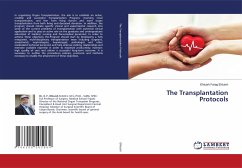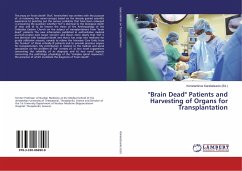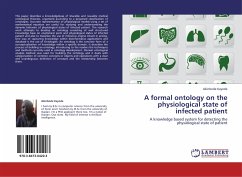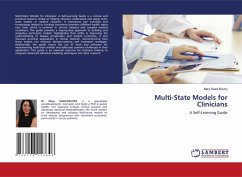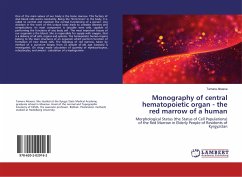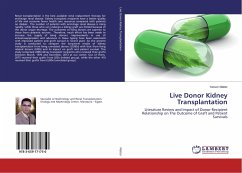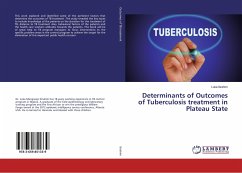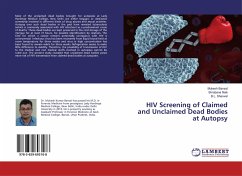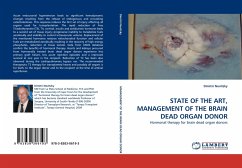
STATE OF THE ART, MANAGEMENT OF THE BRAIN DEAD ORGAN DONOR
Hormonal therapy for brain dead organ donors
Versandkostenfrei!
Versandfertig in 6-10 Tagen
52,99 €
inkl. MwSt.

PAYBACK Punkte
26 °P sammeln!
Acute endocranial hypertension leads to significant hemodynamic changes resulting from the release of endogenous and circulating catecholamines. This response induces the first set of injury affecting all organs used for transplantation. The rapid reduction of Free Triiodothyronine (T3), T4, cortisol, insulin and antidiuretic hormone leads to a second set of tissue injury; progressive inability to metabolize fuels aerobically and inability to control intravascular volume. Replacement of the mentioned hormones restores mitochondrial function and cellular fuels are metabolized aerobically result...
Acute endocranial hypertension leads to significant hemodynamic changes resulting from the release of endogenous and circulating catecholamines. This response induces the first set of injury affecting all organs used for transplantation. The rapid reduction of Free Triiodothyronine (T3), T4, cortisol, insulin and antidiuretic hormone leads to a second set of tissue injury; progressive inability to metabolize fuels aerobically and inability to control intravascular volume. Replacement of the mentioned hormones restores mitochondrial function and cellular fuels are metabolized aerobically resulting in the recovery of high energy phosphates, reduction of tissue lactate. Data from UNOS database confirm the benefits of hormonal therapy. Hearts and kidneys procured from hormonally treated brain dead organ donors experience less primary graft failure, less acute rejection episodes and a improved survival at one year in the recipient. Reduction of T3 has been also observed during the cardiopulmonary bypass run. The recommended therapeutic T3 therapy for transplanted hearts and possibly all organs is for both; to the organ donor and to the recipient at the time of arterial reperfusion.



